
China Breaks with Tradition: Premier’s Annual Press Conference Scrapped
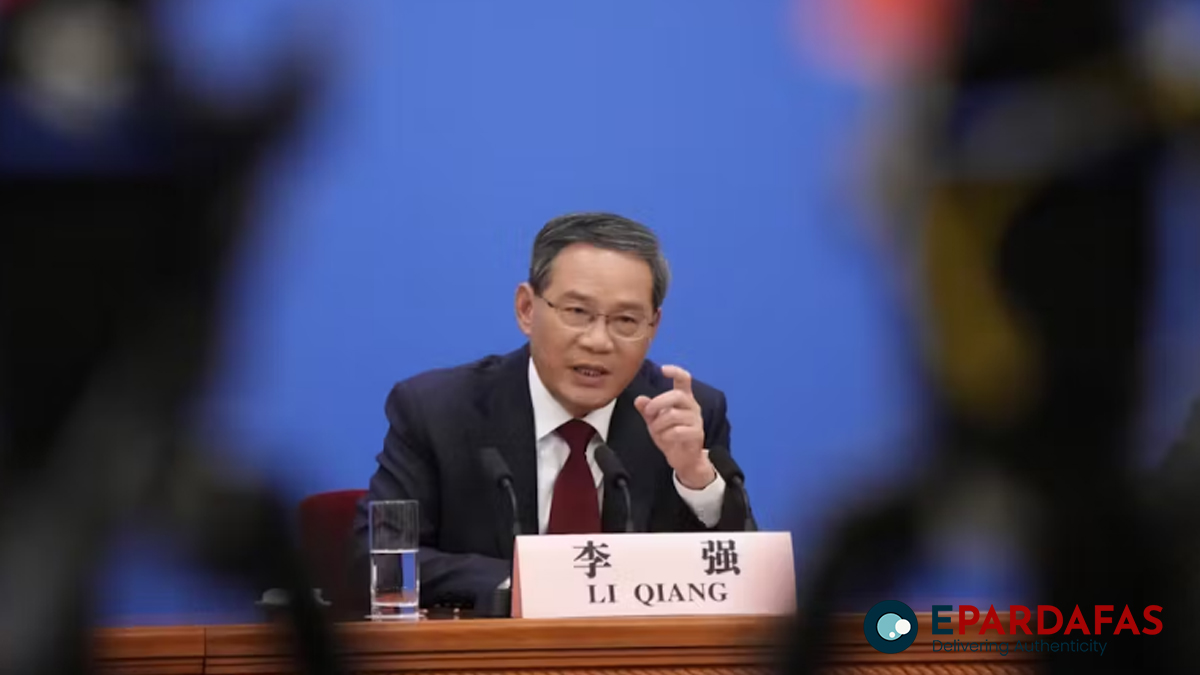
China has announced the discontinuation of one of its most anticipated events on the economic and policy calendar, the premier’s post-parliament news conference. This move, viewed by some observers as indicative of the country’s growing internal focus and centralized control, marks a significant departure from a three-decade-long tradition.
For thirty years, amidst China’s era of opening up, the premier’s briefing provided valuable insights for foreign investors and governments regarding the management of what has become the world’s second-largest economy.
In a surprising announcement on Monday, a spokesman revealed that Premier Li Qiang will not hold a media briefing at the conclusion of this year’s annual parliamentary meeting, set to commence on Tuesday in Beijing. Furthermore, unless under special circumstances, Li will abstain from hosting annual press conferences for the remainder of China’s parliamentary term, extending until 2027, according to National People’s Congress spokesman Lou Qinjian.
Since 1993, China’s premiers have engaged with the media following the annual parliament gathering, addressing a range of questions from both Chinese and foreign journalists in globally broadcast news conferences. During the 1990s and 2000s, China actively sought to clarify its political and policy positions, aiming to attract foreign investment and bolster trade.
“China was moving towards an era of openness. Now, it is transitioning towards an era of isolation, as evidenced by the cancellation of the premier’s news conference,” remarked Chen Daoyin, an independent political commentator and former faculty member at Shanghai University of Political Science and Law.
Lou cited increased briefings on diplomacy, the economy, and livelihoods by government ministers during the week-long parliament meeting as the rationale behind canceling the premier’s news conference. Historically, the premier’s annual meet-the-press session served as a highlight of the parliamentary meeting, with the premier’s authority and comprehensive perspective commanding attention.
While premiers typically align with the Communist Party’s directives in their responses, past conferences have witnessed deviations from the official line. Former Premier Li Keqiang, for instance, disclosed in 2020 that 600 million Chinese earned less than $140 per month, diverging from the official stance that China had eradicated rural poverty.
Wen-Ti Sung, a political scientist at the Australian National University, interpreted the scrapping of the premier’s news conference as Beijing’s attempt to further control the narrative regarding China’s state. Sung emphasized that this move does not imply a lack of trust in Premier Li Qiang, but rather reflects his role as a faithful policy implementer under President Xi Jinping’s leadership.
“Stepping away from the limelight voluntarily is an act of loyalty,” Sung concluded.


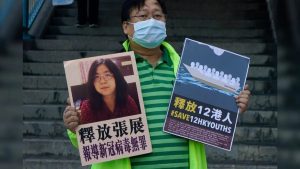
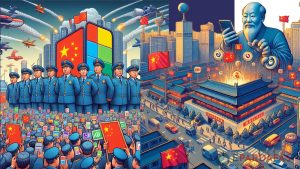
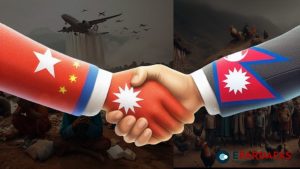
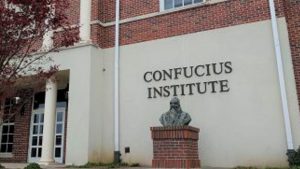
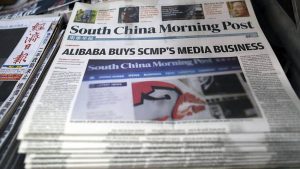






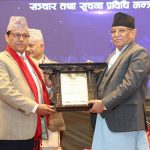
Comments